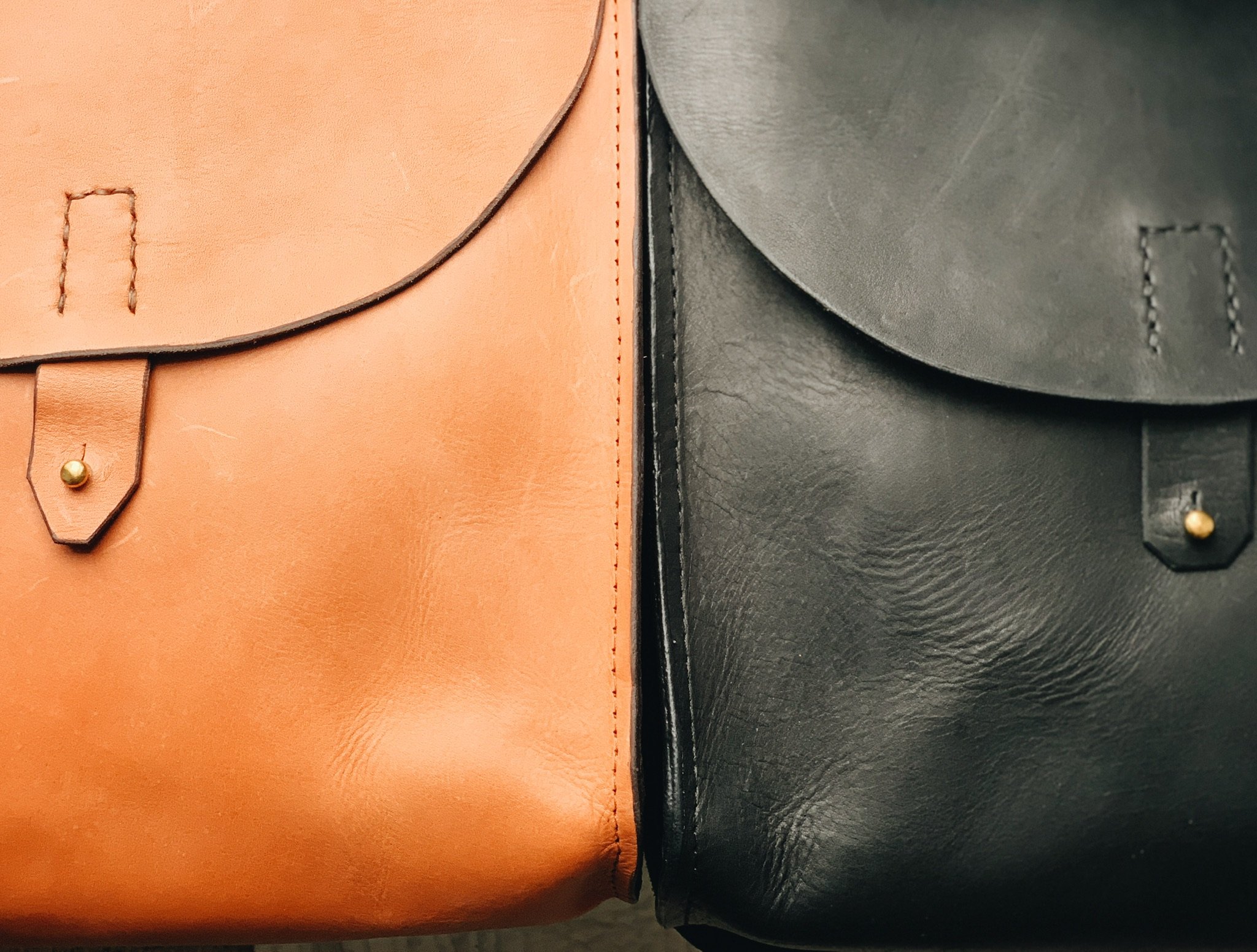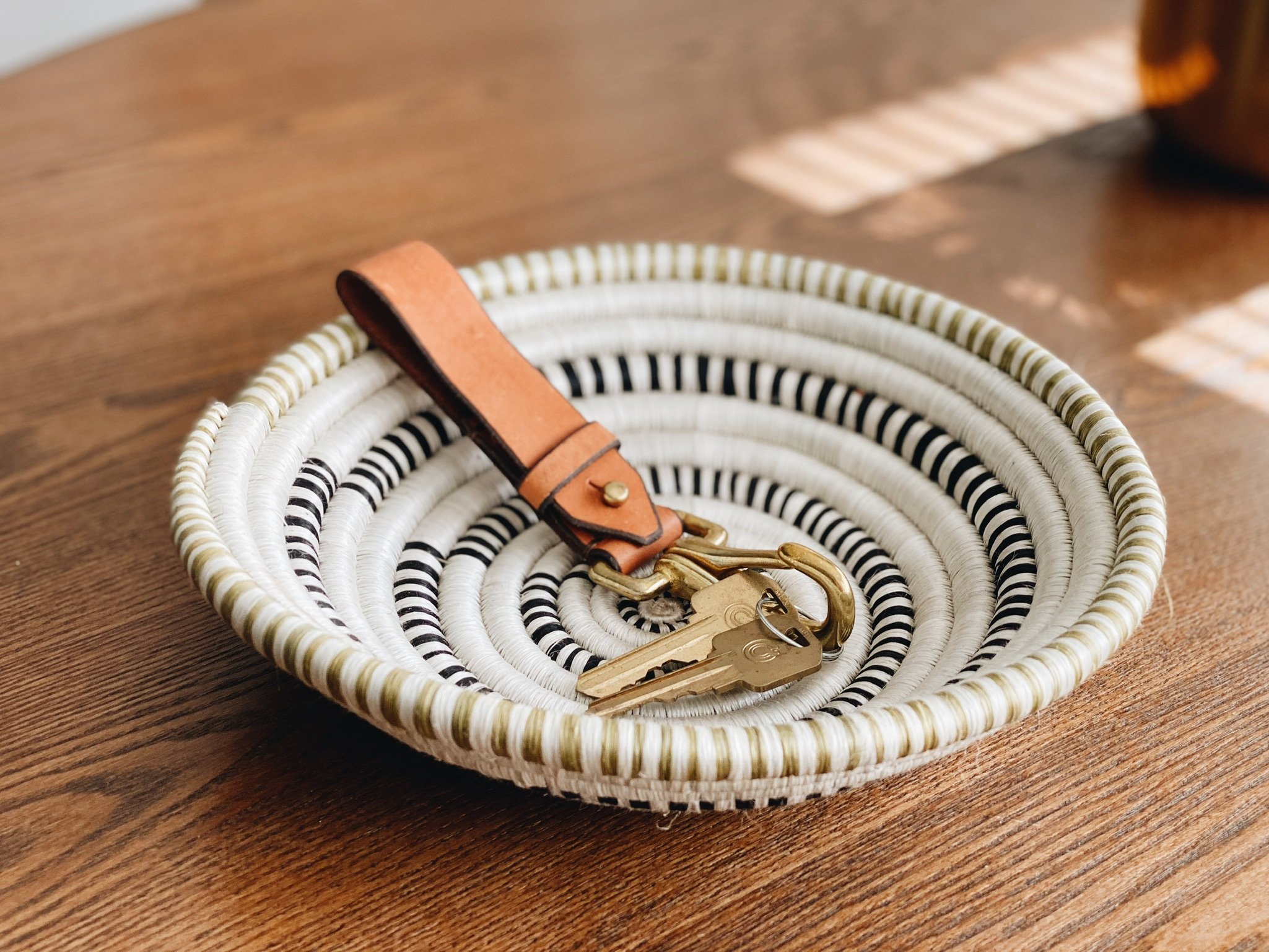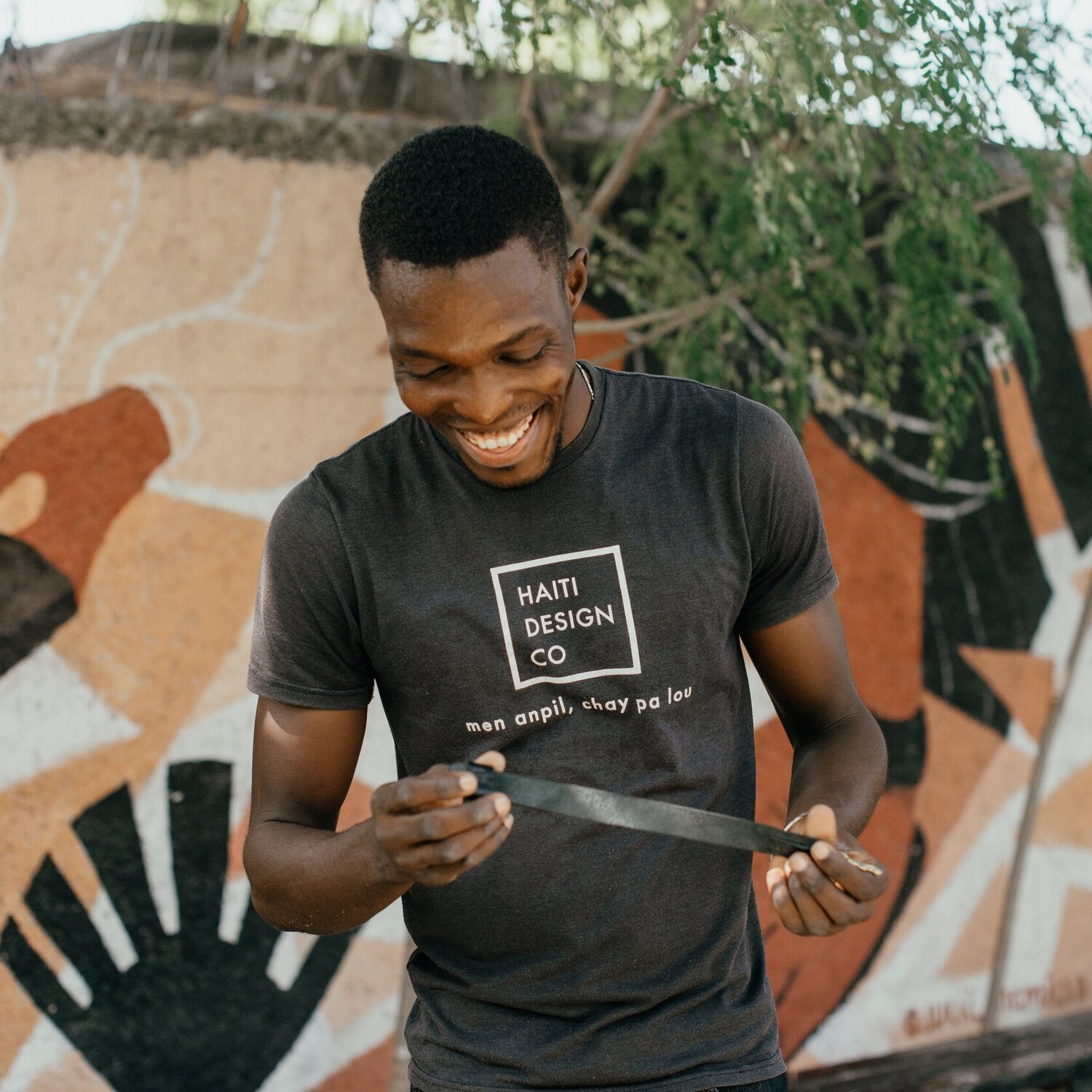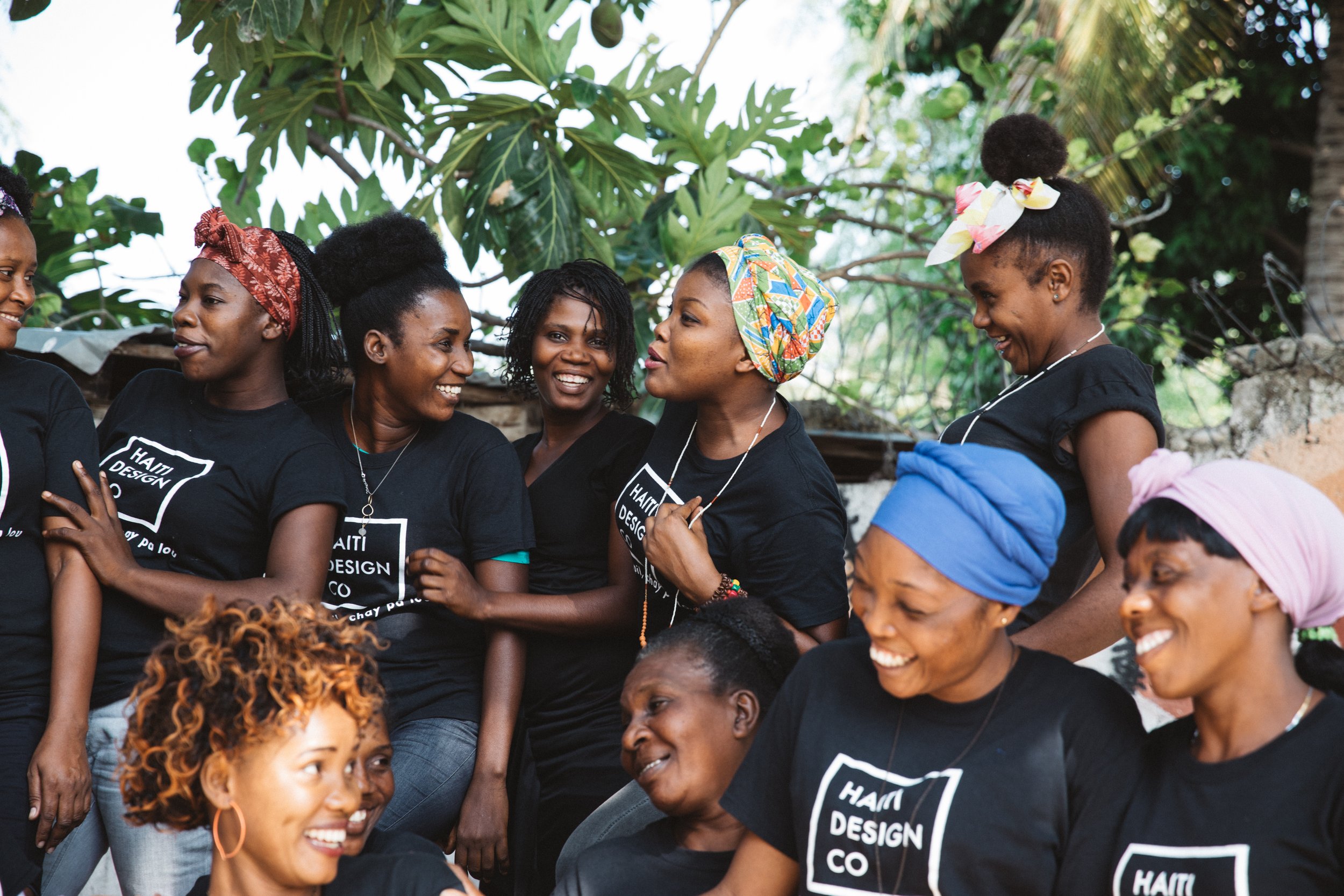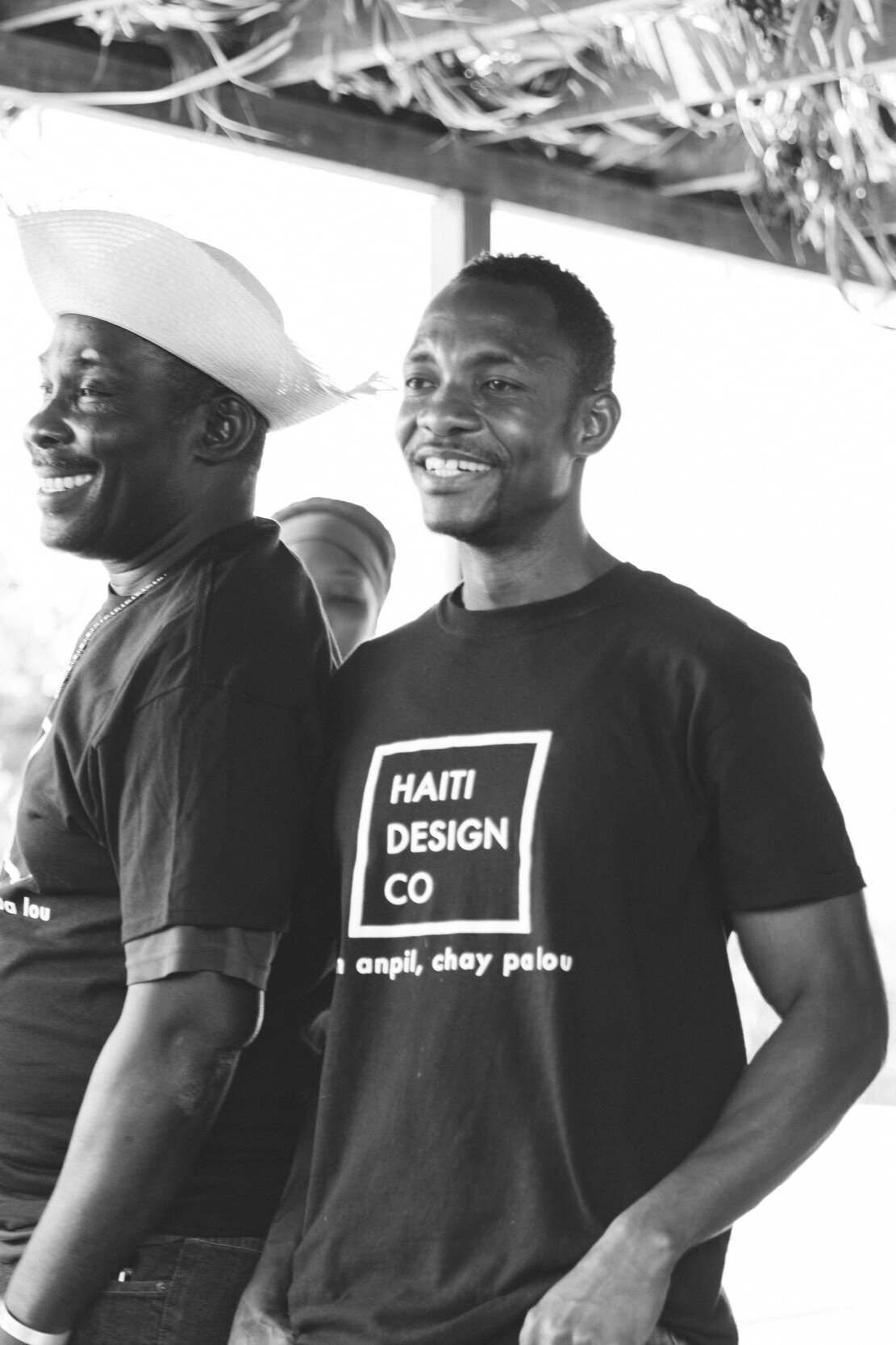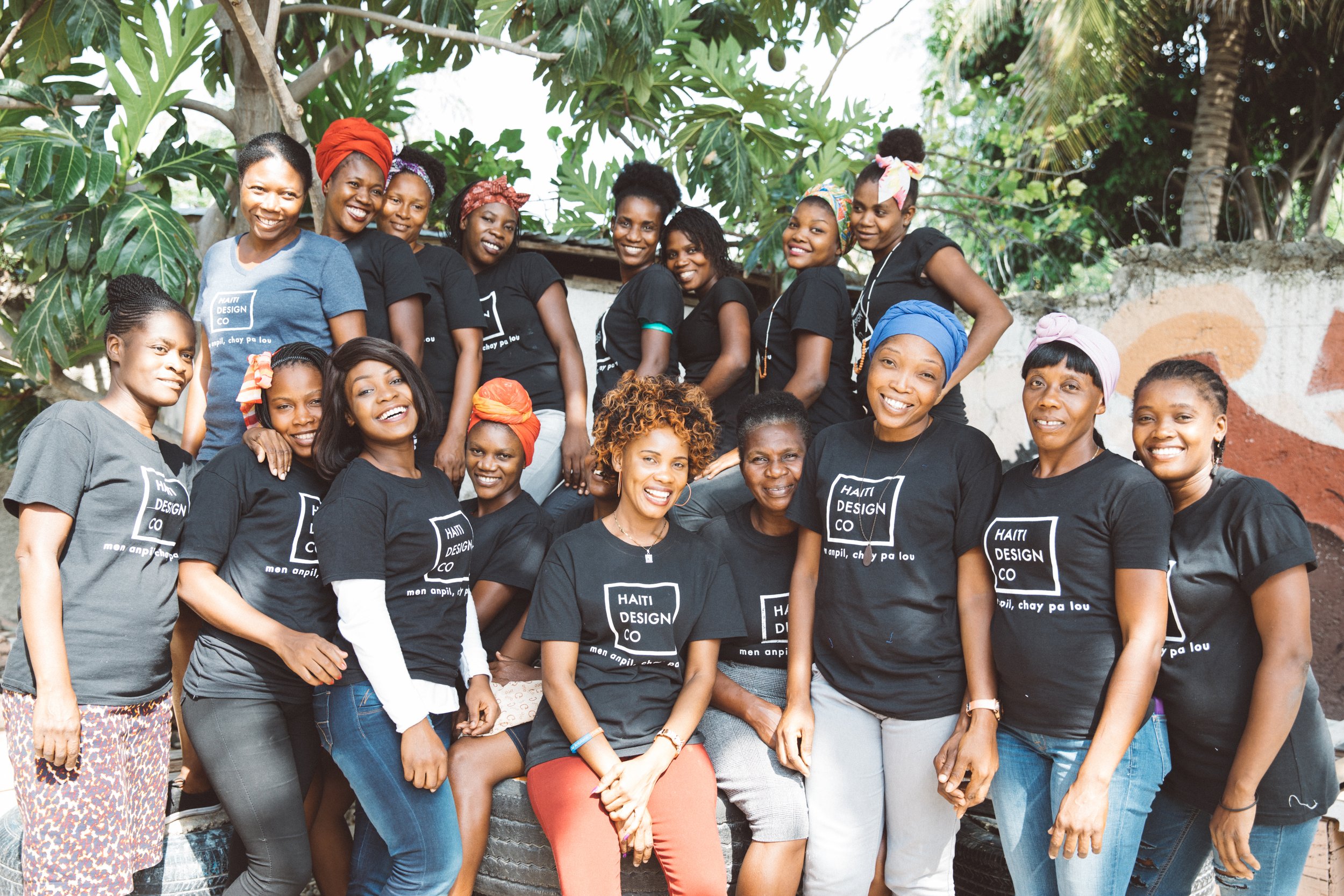Leather has long been synonymous with durability, style, and craftsmanship. Yet, within the world of leather, there exist various types, each possessing unique qualities and characteristics that define its essence. From the supple finesse of goat skin to the robust nature of cowhide, the diverse array of leathers used in bag-making forms the foundation of exceptional creations.
At Haiti Design Co., we procure leather conscientiously, prioritizing sustainability and ethical standards. Embracing natural materials, our bags are crafted from goat and cow leather, distinguished by their individual textures and attributes. Goat skin, thinner and softer, embodies elegance and flexibility, while cowhide, thicker and sturdier, exudes resilience and longevity. Both leathers come in an assortment of colors, allowing for a spectrum of creative expression.
The quest for sustainability drives our practices. We meticulously vet our sources, ensuring that the leather we use adheres to ethical standards. Our commitment extends beyond sourcing; it encompasses the lifespan and durability of our bags. By utilizing natural, vegetable-tanned leather, we not only guarantee sturdiness but also ensure that our products stand the test of time, promising a lifetime of use.
Minimizing waste is ingrained in our craftsmanship. Handcrafted with precision, our bag-making process yields minimal excess material. Emphasizing accurate measurements and employing techniques that focus on thread work rather than excessive hardware, we strive to diminish waste and responsibly handle any leftover materials.
Designing and creating these bags pose both challenges and rewards. Translating an image into a tangible, functional piece demands meticulous planning and execution. Our designs, born from originality and inspired by the world around us, undergo a metamorphosis from concept to creation. While inspiration might spark from various sources, the end result resonates with authenticity and uniqueness, reflecting the touch of our artisans.
Working with our specially curated sustainable leather brings a distinct advantage. Its natural softness and texture lend an air of authenticity, complementing the handmade craftsmanship. This unique quality sets our products apart, infusing them with a genuine, organic aesthetic that cannot be replicated.
In the realm of leather bags, our dedication to sustainability, ethical sourcing, and unparalleled craftsmanship remains the cornerstone. Each creation not only embodies elegance and functionality but also narrates a story of conscious design and timeless appeal. With every stitch, we weave together artistry and sustainability, creating pieces that transcend trends and stand as testaments to enduring craftsmanship.
WRITTEN BY ANSHIKA LOOMBA FOLLOW ANSHIKA'S INSTAGRAM








